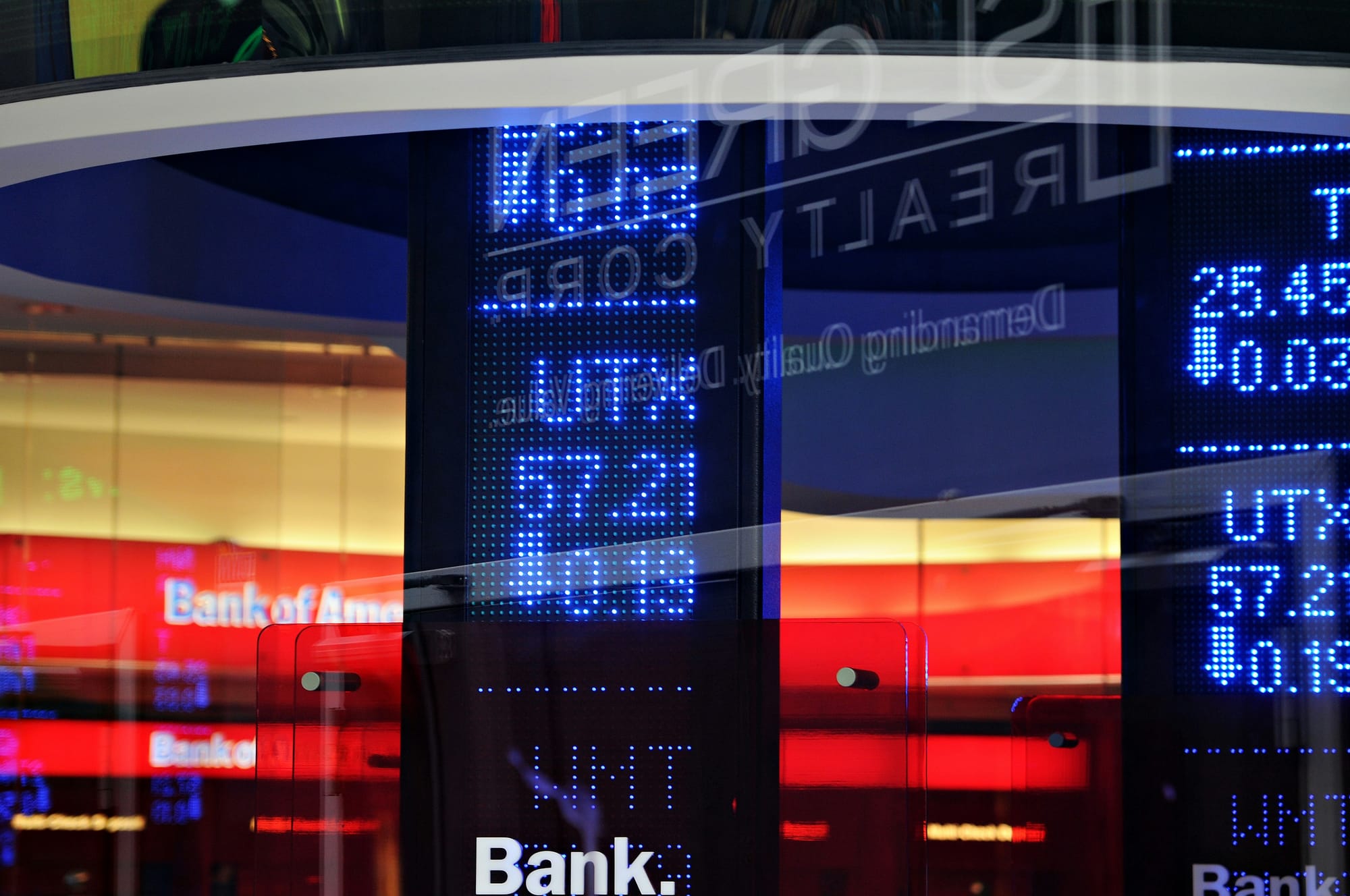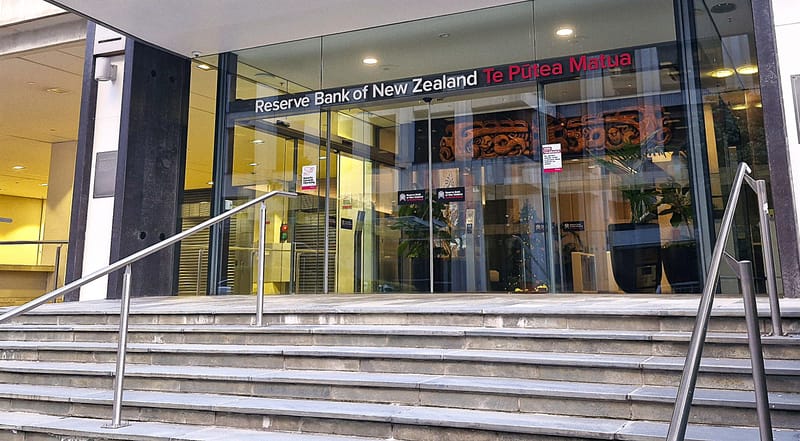Trump 2.0 tariffs slap down global markets
Precinct Properties sells its Auckland Intercontinental building.

Stocks markets on both sides of the Atlantic sank as the tariff regime of Trump 2.0 rattled markets, pushing Wall Street’s fear gauge up to its highest level of the year.
European markets slumped with automakers such as Stellantis and BMW among the hardest hit on the confirmation of the US tariffs regie, with Germany’s DAX 30 sliding 3.5%, while stocks on Wall Street extended their losses with the Dow Jones Industrial Average falling 1.5% and the Nasdaq Composite nearing correction territory – being 10% lower than its Dec 16 high. The Chicago Board Options Exchange's volatility index, known as Wall Street's fear gauge, climbed 4.5% to 23.80.
The kiwi dollar traded at 56.21 US cents at 7am in Auckland from 56.05 cents yesterday.
Canada’s prime minister Justin Trudeau called the 25% tariffs levelled on his nation a “very dumb thing to do” in announcing immediate retaliatory levies on C$30 billion of US imports, and threatening C$125 billion in three weeks, while China said it will impose tariffs on a range of US agricultural imports and Mexican President Claudia Sheinbaum said her country will announce its response on Sunday.
US President Donald Trump struck back at Canada’s reciprocal tariffs, saying the world’s biggest economy will immediately respond in kind, in a post on the Truth Social platform.
“A key question is how long this trade war will last,” Bank of New Zealand senior markets strategist Jason Wong said in a note. “Market price action so far is consistent with the trade war being temporary but the longer it drags on for, the greater the market reaction will be.”
Trump will address Congress today to outline the priorities of his second term.
Souring sentiment
International milk prices fell at the latest Global Dairy Trade auction, with the GDT price index slipping 0.5%, with an average selling price of US$4,209 a tonne. Whole milk powder prices dropped 2.2% to US$4,061 a tonne.
Brent crude oil futures were down 1.1% at US$70.85 a barrel at 7am in Auckland, after the Organisation of the Petroleum Exporting Countries said its members plan to boost production, and as the tariff regime weighed on investor sentiment.
Meanwhile, Ukraine President Volodymyr Zelenskyy tried to calm tense relations with the US, calling last week’s heated meeting with Trump regrettable and saying his nation is ready to sign a minerals agreement with the US, which halted all military aid to the European nation on Monday.
European leaders continue to step up their military spending, with British finance minister Rachel Reeves saying she wants to accelerate defence equipment procurement and the European Commission proposing a new joint borrowing to support that expenditure.
Hong Kong’s CK Hutchison agreed to sell majority stakes in ports on both sides of the Panama Canal to a consortium led by BlackRock for US$22.8 billion, bringing key parts of the maritime hub under US control – an issue that’s been a bugbear for the US president.
The revived uncertainty is expected to continue to weigh on the antipodes, with Australian futures indicating a 1.4% decline for the S&P/ASX 200 index today.
Singapore’s Hotel Properties yesterday said it’s agreed to buy Precinct Properties New Zealand’s Intercontinental Auckland Hotel building for $180 million.
Australia’s fourth-quarter gross domestic product figures are the main data release across the Tasman today, while in New Zealand Vital Healthcare Property Trust and Mercury NZ shed rights to their dividends today.
Reporting by Paul McBeth. Image from Oren Elbaz on Unsplash.







